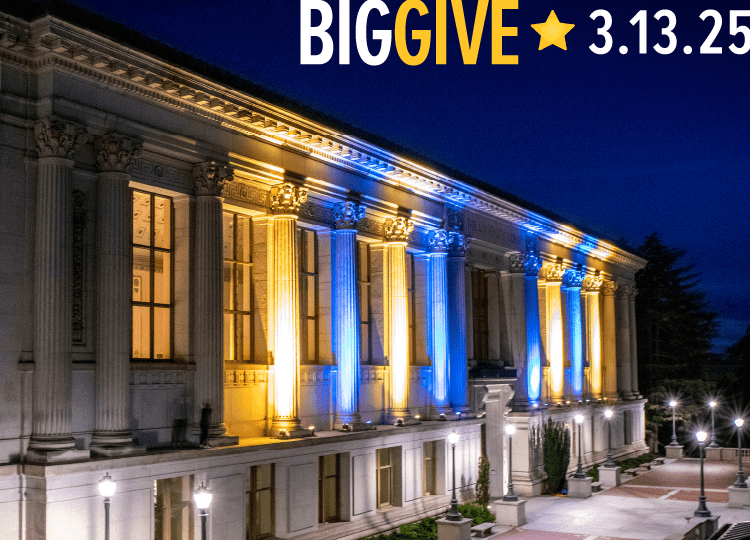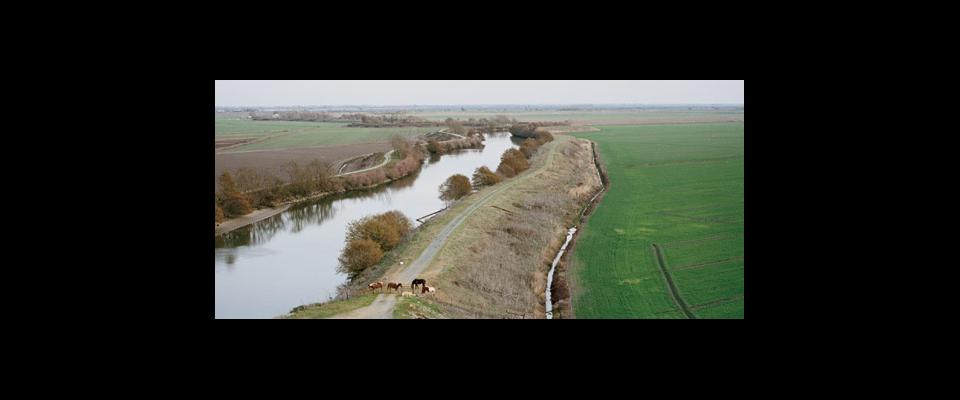If burrowing owls and Coho salmon could talk, they probably wouldn’t tell many lawyer jokes. For the most part, attorneys have helped such endangered creatures. The courts are often, well, the court of last resort for rare animals and their habitats.
But lawyers are expensive, and bank accounts aren’t a priority in the animal kingdom; except for kangaroos and some other marsupials, wild critters don’t even have pockets to carry around cash. So who pays?
To a large degree, nobody—at least that’s the case with The Nature Conservancy, one of the nation’s largest conservation organizations. The Conservancy (or TNC, as it’s widely known) specializes in protecting sensitive wild lands, either in outright fee purchase or via conservation easements (long-term agreements with landowners that establish environmental safeguards in exchange for cash and clearance for regulated, eco-friendly economic activity).
Typically, the Conservancy doesn’t initiate litigation. Suing timber companies to save the spotted owl, for example, isn’t TNC’s way. It will, however, negotiate with landowners to establish conservation easements to protect the owl. Perhaps that’s why the organization is sometimes known as the conservative’s conservation organization. Whatever: Marbled murrelets don’t care about the political affiliations of their patrons as long as they have old-growth redwoods to nest in.
The Conservancy does need good legal representation when it’s sued, however, and it also requires bevies of competent attorneys to draft the paperwork on its complicated land deals. But it runs a pretty lean legal machine, says Laurel Mayer, the organization’s associate general counsel for pro bono programs. There simply aren’t enough lawyers to do everything that needs doing. So Mayer puts a great deal of time into ferreting out stellar attorneys who will work for free.

“Opportunity often exceeds capacity at the Conservancy,” says Mayer, a 1972 UC Berkeley graduate who earned her law degree from Boalt (now Berkeley Law) in 1976. She joined the Conservancy in 1979, and served as the organization’s western regional director from 1987 to 1991. “Pro bono attorneys help us respond quickly and nimbly to workload spikes. They allow us to meet peak demand while maintaining an effective, cost-efficient legal department.”
Mayer has been the prime mover for the organization’s pro bono organization since it was initiated in 1984, and she’s not kidding about cost-efficiency. In the last six years, the program accounted for $26 million in donated legal services, with more than $5.5 million in 2013 alone.
As noted, Mayer has a unique talent for picking the best and the brightest. Case in point: Harold McElhinny, another Berkeley and Boalt graduate. That name might be familiar to anyone who owns a smart phone—McElhinny was the lead trial counsel in Apple’s billion-dollar patent infringement triumph over Samsung in the U.S. District Court and before the International Trade Commission. But 30 years before that legal throw-down, Mayer drafted McElhinny to respond to a threatened lawsuit over a Conservancy project in Idaho. In short order, says Mayer, McElhinny convinced the potential litigant to drop the case.
Other high-end pro bono lawyers represented the Conservancy in a complex case that bought out and retired Central Coast trawler permits to protect fish stocks, and a Central Valley project that creates seasonal wetlands for migrating waterfowl and shorebirds by renting and flooding croplands.
“Many of our projects require people who are deeply specialized,” says Mayer, “and that’s often beyond the scope of our small legal department. Having a dedicated, best-in-class roster of pro bono attorneys provides us with a tremendous competitive advantage. We could never afford legal help of the caliber we’re getting if we had to pay for it.”






















